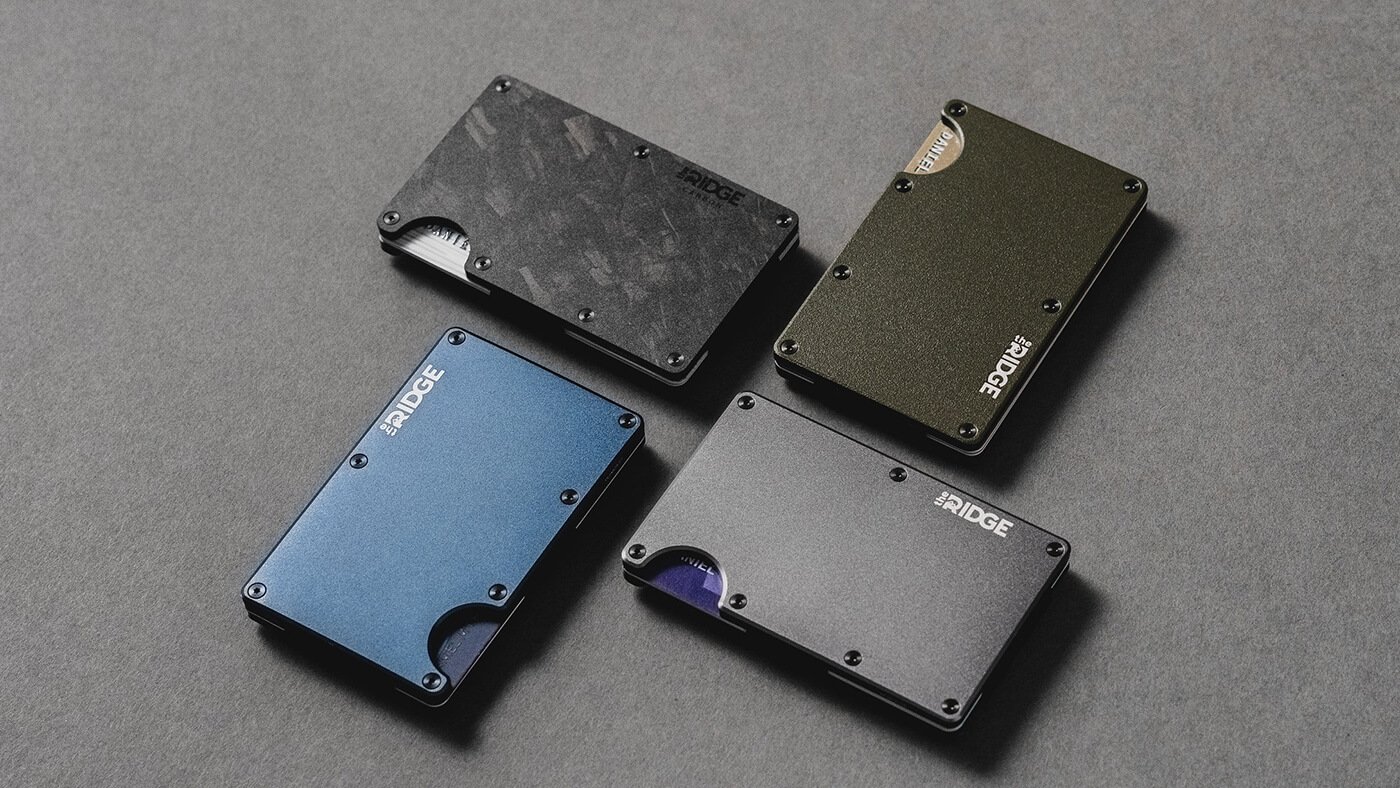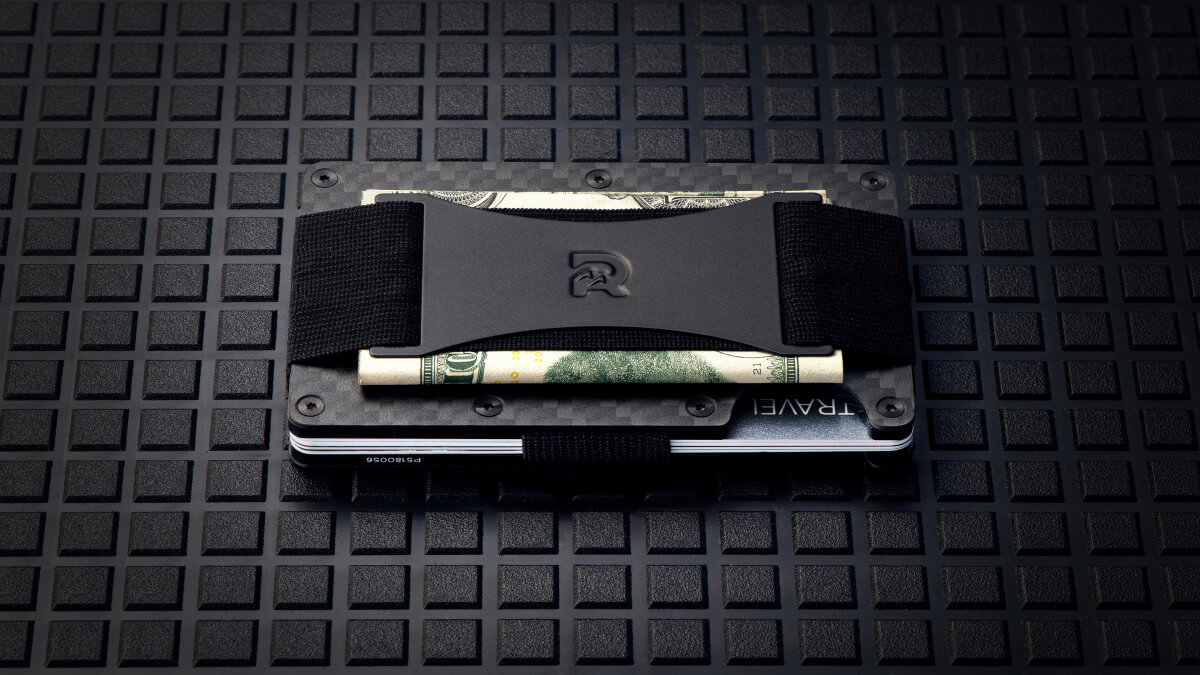International Getaway
If all that you’re doing is traveling around the continental United States, you don’t have to think too much about currency. Sure, you want to make sure you have enough money for gas, lodging, and food, but essentially, all you have to do is grab your keys, tuck your Ridge Wallet into your pocket, and go.
However, if you make the big decision to board a plane and fly off to another country, things get a bit more complicated. The US dollars that you’re familiar with probably won’t be the currency you’ll use, prices will be different, and you want to make sure you have a good understanding of this foreign country’s money systems. None of this is too hard, but before you take off, it’s good to get a couple things straightened out first.
Call your bank, and place a travel notice
Have you ever been visiting a different state, tried to swipe your card for gas, and then gotten a “CARD DECLINED” message? Well, if this happens to you in a different country, where you might have no easy phone service, fixing it is going to be a much bigger nuisance. The fact that this happens is actually to your benefit, believe it or not: when your bank or credit card company detects unusual activity on your card—I.E., you’re withdrawing $100 USD from a bank in Chile—they act quickly, and freeze your account, just to stop any thieves in their tracks.
That’s good if your card gets stolen, but less good if you’re the one depending on the card. The key way to prevent this from happening is to call your bank in the week ahead of your trip, and give them a travel notice about every country you’re visiting. This way, when you use that card, the bank will know it’s you, and no problems will occur.
Learn the exchange rate by heart
Sure, it’d be nice and convenient if all forms of currency across the world had the same value, but that’s simply not how it works in real life. Instead, going to another country means a different exchange rate, and if you don’t memorize what that rate is, you might quickly find yourself in a hole of debt.
Luckily, this information can be found with a quick Google search, but always keep it in mind. For example, if another country has an exchange rate of about $1.50 compared to $1 USD, don’t just mentally round it down every time you make a purchase, because you’ll be badly surprised by your bank statements the next week. If the exchange rate is too hard to memorize—for example, if a country is $1835.29 to $1 USD—then have your calculator ready, and just take time with every purchase.
Use a good travel credit card
Often, making overseas purchases with your regular debit card can come with heavy fees that you don’t think about until later. That’s why it’s good to have a credit card that you use exclusively for traveling, preferably one that offers big rewards, such as the Chase Sapphire Preferred. For more on which card will give you the best bang for your buck, check out our blog post on Best Credit Cards for Travelers.
Carry some cash on you
These days, people use plastic over paper for an increasing number of purchases, particularly in North America and Europe. However, that isn’t the case for all countries, particularly those nations that are less wealthy, where paper cash is still king. If visiting a country like Jamaica or the Bahamas, for example, one should always carry a handful of bills in that country’s preferred form of currency, for smaller purchases that one might make on the streets. Carrying some cash is also handy if you visit a culture where tipping is the norm, but if you do, make sure you have the smaller bills on the outside, so you’re not waving around big bills in front of people.
You can check out our blog for more tips and tricks to carrying cash, organizing your carry, and making the most of The Ridge. Click here.
















